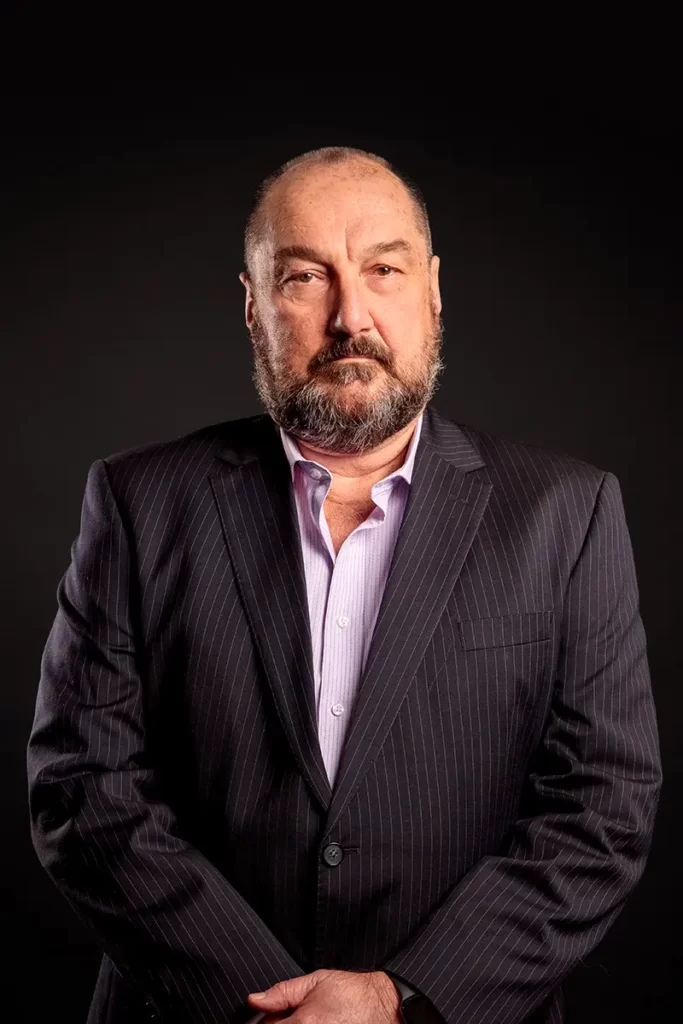A recent Qld Supreme Court decision involving a “Free Will” done by the Public Trustee of Qld has highlighted the usual principles that are applied when determining whether a person has adequate mental capacity to provide instructions for the making of a Will.
The proceedings are commonly referred to as ‘Solemn Form’ proceedings.
In the case of the Public Trustee of Qld -v- Martin, the Court declared the last Will of the deceased George Henry Grubb dated 31st July 2003 to be invalid and upheld his earlier Will (also made with the Public Trust Office) on the 10th September 1992. On both occasions, Mr Grubb had gone to see the local Public Trust Office and had his Will prepared by staff in the employ of that government department.
The case reviewed the long-standing authorities in this area and once again confirmed the general principles in relation to deciding whether the will-maker had adequate testamentary capacity as follows:-
- The will-maker must be aware and appreciate the significance of the act in law upon which he or she is about to embark;
- The will-maker must be aware at least in general terms of the nature, extent and value of the estate over which he or she has disposing power;
- The will-maker must be aware of those who may reasonably be thought to have a claim upon the estate and the basis for and nature of the claims of such persons;
- The will-maker must have the ability to evaluate and discriminate between the respective strengths of the claims of such persons.
The case also highlights the fact that the existence of some cognitive impairment does not necessarily mean that the person making the Will lacks testamentary capacity. In an earlier High Court decision, the Judges said:-
“The question is not so much what was the degree of memory possessed by the Testator?….Had he a disposing memory? Was he capable of recollecting the property he was about to bequeath; the manner of distributing it; and the objects of his bounty? To sum up the whole in the most simple and intelligible form, were his mind and memory sufficiently sound to enable him to know and understand the business in which he was engaged at the time he executed his Will?”
There was evidence from treating doctors and a specialist Geriatrician to show that Mr Grubb, in this particular case, was affected by dementia and would not have been in a position to provide proper instructions for the 2003 Will. This was an interesting case because it involved the Public Trust Office and the staff who prepared the Will did not take into account the capacity issues of the deceased. The employees of the Public Trust Office are not usually qualified lawyers who consult with the public when obtaining instructions for Wills. Although the Public Trust Office does not charge a fee for preparing Wills, it usually does this on condition it is appointed as Executor or Trustee of the estate. In this particular case, the Public Trustee was effectively suing itself in that it challenged the latest Will of the deceased in its capacity as Executor of the previous Will!
The case certainly brings attention to the importance of people being very careful when they arrange for their parents or family members to provide instructions for a new Will when they have demonstrated signs of dementia or some other mental issue which may challenge their overall mental capacity.
This is a difficult area, and in many instances, family members simply obtain a Medical Certificate from a treating General Practitioner. This cannot always be relied upon as being conclusive in relation to whether someone has testamentary capacity. It is quite a complicated process to understand the relevant issues and ensure that the person making the Will has the required testamentary capacity.
On the other hand, the cases demonstrate that it is not up to the lawyers to question the capacity of the person making the Will. If it is their intention to make the Will then lawyers must do whatever is required of them to act upon the instructions provided to them by the client. Once again, it is the duty of the lawyer to provide advice to the person making the Will if the lawyer feels that they do not have the requisite capacity to make a Will but if pressed, it is their duty to prepare the Will in accordance with the instructions that have been provided.
For further information please contact our Wills and Estates Department Manager, Donna Tolley on direct line 07 5506 8241, email dtolley@attwoodmarshall.com.au or free call 1800 621 071 to book for free 30 minutes appointment to come in an discuss the Estate Administration with one of our dedicated Estate Administration lawyers.
We have a dedicated Wills and Estates team that practices exclusively in this complicated area.

